Ertach Kernow - Sir William Golding deep Cornish family roots
One hundred and ten years ago this Sunday on 19th September 1911 Sir William Golding was born in his grandmother’s house called Kerenza on Mount Wise in Newquay. To provide a little background in case readers are unsure of his Cornish pedigree, albeit he was born in Newquay, this is to assure you that it was strong. His mother Mildred Curnoe had a long Cornish family history with her father’s family living around Gwennap back to at least the early 18th century and her mother’s paternal family from Veryan, but mostly from St Columb Minor. Those with a Trebilcock ancestor in their family tree will likely have a family connection with Sir William through his three times great grandmother Mary Trebilcock from St Columb Minor and back to John Trebilcocke born in St Columb Minor around 1500. I wonder sometimes if it was my own great grandmother a well-respected midwife in a much smaller Newquay community who had attended the births of Mildred’s two boys.
Many local people in Newquay will have read the earliest history of Newquay written by Miss Sarah Teague Husband first published in 1923. It was Williams great aunt who wrote this history of Newquay, following her retirement, taken from stories and memories when she was a child from the 1850’s. An accomplished teacher who worked in Modbury, Devon she was one of Britain’s first headmistresses, and been honoured by the school with a walk named after her. Her book ‘Old Newquay’ is still referred to as the basis for research today, albeit that corrections and additions have been made to those Newquay stories since published nearly 100 years ago.
Sarah Teague Husband’s original 1923 book was accompanied by a number of drawings that were made Alec Golding. These were supplemented with photographs provided by Newquay Old Cornwall Society when ‘Old Newquay’ was republished in 1985.
William’s earliest family memories from visits to Newquay were not all that happy. He records that aged three he saw his great grandmother Mary Ann Husband, nee Teague aged 90 at the time just the once, she died three months later. It would probably be diagnosed now that she was in the later stages of dementia, as she sang one line of a song repeatedly to herself. His grandmother Mary Elizabeth was a hard woman recalled Golding later in life, ‘fierce, mean and dangerous’ perhaps due to a hard life without her husband around much, or perhaps it’s why Williams grandfather worked abroad so much of his life. His grandfather Thomas Curnoe had died before William’s birth in 1904 and Mary his grandmother in 1919.
William’s father Alec Golding was born in Wiltshire from a poor family of bootmakers, but he had done well at school and became firstly a student teacher. Visiting Cornwall for the first time in 1899 he becomes entranced by the landscape and the sea. Alec we are told was a very moralistic person and found it difficult to deal with the rough and ready children that attended the board schools set up by the government in 1870. It was after applying for a job in Newquay and taking lodgings with Mrs Curnoe that he met Mildred as he described her a sensible young person without conceit or aggressive forwardness. He continued to be derided at school and found difficulty dealing with the boys at the Newquay Board School. After three years of courting Alec proposed to Mildred and they became engaged. Alec needed to find a better paying job and moved away from Newquay to London and then Marlborough Grammar School, where he worked until retirement. With a better and more respectable job Alec felt he and Mildred could marry. Their final banns of marriage were read at St Mary the Virgin, Marlborough, Wiltshire on 31st December 1905 and they were married on 3rd January 1906 in Truro Cathedral. On 1st October 1906 their eldest son Joseph was born in Newquay.
William’s time spent at Newquay was a treasured period and it would be to Cornwall he returned at the end of his life. During his boyhood he loved the sea and from the windows of Kerenza he could look out to sea. World War One started when William was just three, so was too young to visit the beaches when his brother Joseph and other local lads went to see survivors and bodies coming ashore from torpedoed vessels. The north Cornish coast especially off Newquay was a hunting ground for a notorious German submarine Captain, Wilhelm Werner and many vessels were sunk with great loss of life.
He enjoyed walks on the beaches with his father and William remembered walking across the small beach at Newquay Harbour. Whether from memories of views seen from the window overlooking the sea, imagined scenes, or Joseph’s stories told of his adventures on wartime Newquay beaches there were certain entries and themes in his books appearing many years later that could have been as a result of those early days in Newquay.
Growing up in Marlborough and being schooled where his father worked, William then went to Oxford and obtained a degree in English. Teaching was it seems within the family and in due course William would become a teacher as would his brother Joseph. In 1938 he was teaching in Salisbury, then in 1940 he joined the Royal Navy for the duration of the war, returning to teach at Salisbury in 1945. William retired from teaching in 1961 after the success of Lord of the Flies and other early novels.
William had married Ann Brookfield in September 1939 and they had two children David born in 1940 and Judith in 1945. His own parents continued to own their house at 29 The Green, Marlborough where William and Joseph had been brought up until their own deaths. Alec Golding died in 1958, followed by Mildred in 1960.
It had been in 1951 that the idea of his best-selling novel ‘Lord of the Flies’ was conceived. Despite may rejections by publishers it was eventually published by Faber and Faber in September 1954. However, Golding had been asked to make many changes and it was heavily redacted by the editor, not always to the authors liking. After initial slow sales it eventually went on to sell over ten million copies and been adapted for films three times. Despite a book of poems published in 1934 it was Lord of the Flies that energised William Golding’s career as a successful author and ultimately resulted in nearly two dozen works.
William would go on to win the Booker Prize for fiction in 1980 with ‘Rites of Passage’. In 1983 he was awarded the Nobel Prize for Literature, his citation reading ‘for his novels, which with the perspicuity of realistic narrative art and the diversity and universality of myth, illuminate the human condition in the world of today’. He was further honoured with a knighthood in 1988 for his contribution to literature.
William and wife Ann sold their idyllic thatched cottage where they had lived for 27 years in the village of Bowerchalke, near Salisbury in 1985 and moving to Cornwall. He and Ann lived at Tullimaar House a Georgian mansion in Perranarworthal until his death in 1993.
Perhaps one day Newquay will show appreciation of one of its greatest sons and look to how Fowey and other towns in Cornwall celebrate, commemorate and build festivals around their own celebrities. Not that many towns throughout Britain can boast to having a Nobel prize winner born within their community.
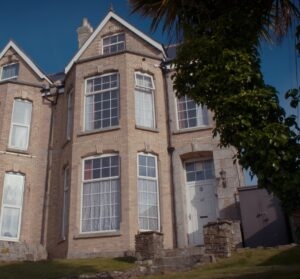
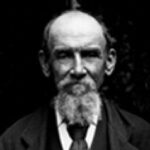
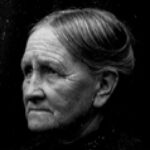
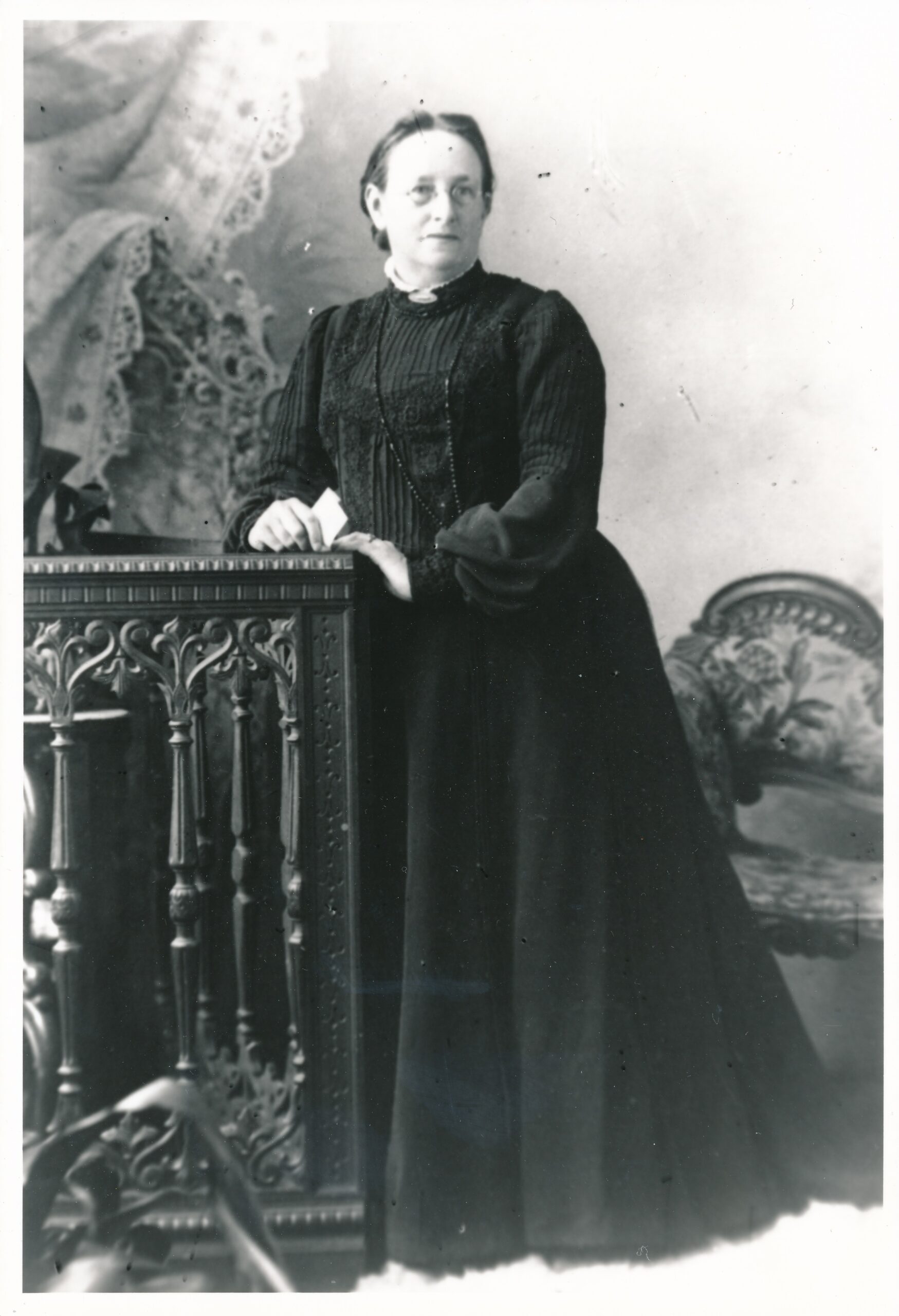
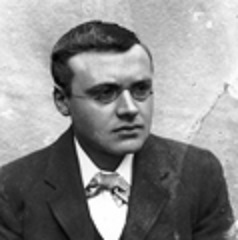
![Mildred Curnoe [Wedding 1906] Mildred Curnoe [Wedding Day1906]](https://www.cornwallheritage.com/wp-content/uploads/2021/09/Mildred-Curnoe-Wedding-1906.jpg)
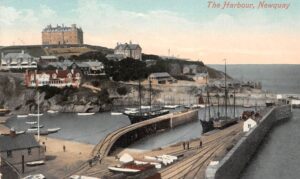
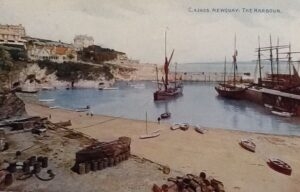
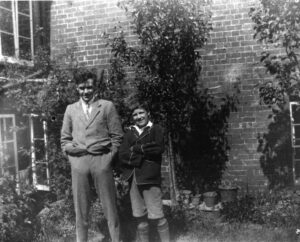
![Lord of the Flies [1st Edition Cover] Lord of the Flies [1st Edition Cover]](https://www.cornwallheritage.com/wp-content/uploads/2021/09/Lord-of-the-Flies-1st-Edition-Cover-195x300.jpg)
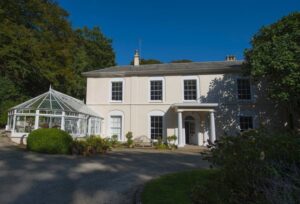
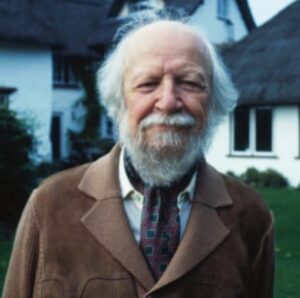
![[64] Voice - Ertach Kernow-150921A - Literary Giant [S] Ertach Kernow- Literary giant had powerful roots in Cornwall](https://www.cornwallheritage.com/wp-content/uploads/2021/09/64-Voice-Ertach-Kernow-150921A-Literary-Giant-S-235x300.jpg)
![[64] Voice - Ertach Kernow-150921B - Literary Giant [S] Ertach Kernow- Literary giant had powerful roots in Cornwall](https://www.cornwallheritage.com/wp-content/uploads/2021/09/64-Voice-Ertach-Kernow-150921B-Literary-Giant-S-232x300.jpg)
![[64] Ertach Kernow Heritage Column - 15 September 2021 - Rick Rescorla - A Cornish hero for our times 15 September 2021 - Rick Rescorla - A Cornish hero for our times](https://www.cornwallheritage.com/wp-content/uploads/2021/09/64-Ertach-Kernow-Heritage-Column-15-September-2021-Rick-Rescorla-A-Cornish-hero-for-our-times-275x300.jpg)